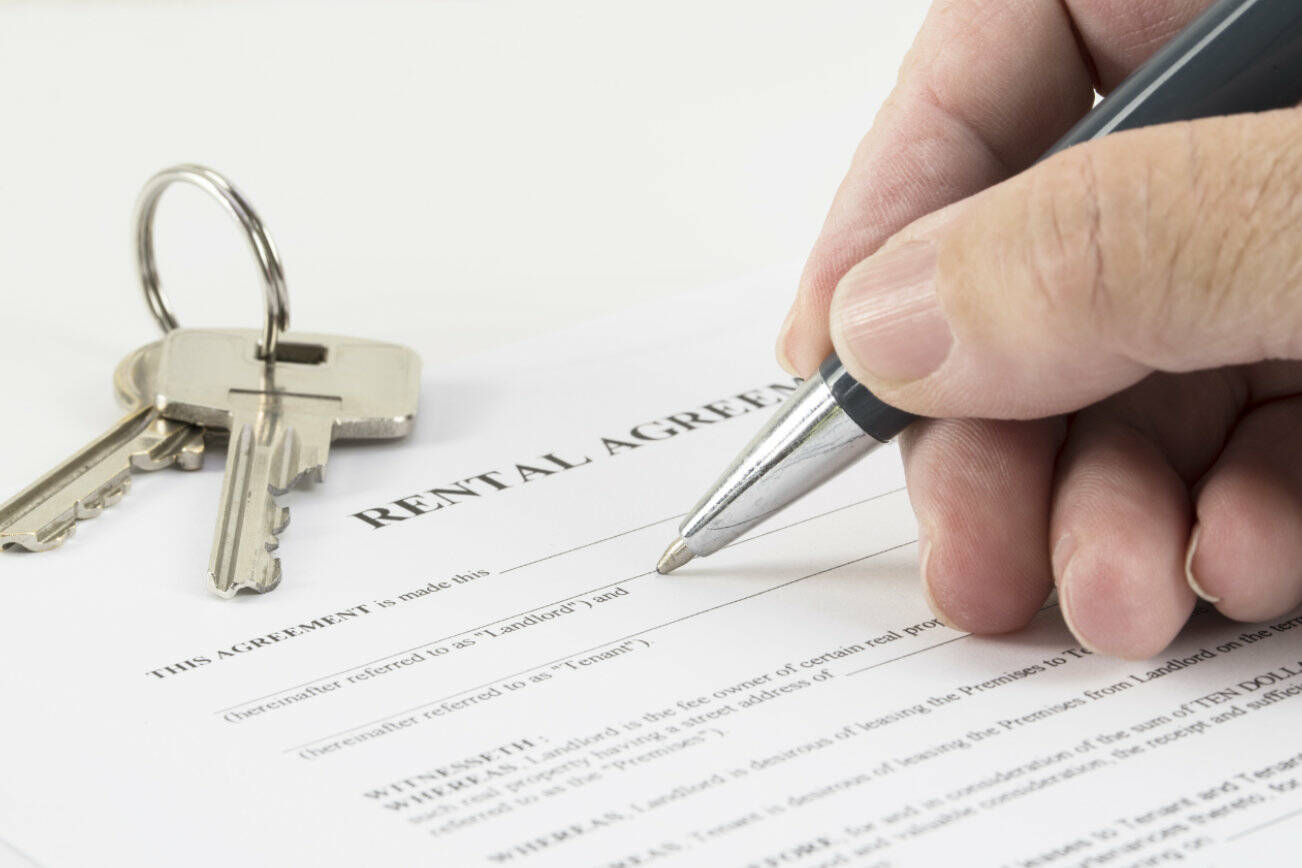I used to tell my college students that if they were ever bored in life, all they needed to do was buy an old house.
Any house needs near constant care, but an old house is in a category unto itself.
Decades of deferred, sloppy, amateurish and far-out-of-code updates and rehab projects leave their marks with abandoned wires, pipes and remnants of ‘what were they thinking?” unfinished projects in neglected corners of the house — or property.
In short, the “peace” homeownership costs might (far) outweigh any “savings” you thought you had.
If you’ve never owned a home, you probably never would have imagined how big of a time and money black hole home ownership can be.
Along with keeping the interior (relatively) clean, you are responsible for unclogging the drains, mowing the lawn, pulling the weeds, cleaning out the gutters, replacing appliances, and that’s just the beginning.
And of course, every new season, a new to-do list of tasks emerges.
Yes, homeowners can pay for, instead of doing these jobs — but that’s one more endless and (usually) unpredictable set of expenses.
Many homeowners find themselves watching YouTube tutorials so they can complete these tasks themselves — and then watching a second (or third) tutorial to fix the mistakes they made the first time.
And if you think rent is expensive (and it is) homeowner’s insurance, property taxes, repairs, lawn maintenance, utilities, and much more can dig a huge hole in almost any budget.
And money, of course, is not the only cost of home ownership.
Renting now does not need to mean renting forever, and that special place or that deal may emerge, but when it comes to the return on investment, for many home buyers the accumulated amount the homeowner paid for property taxes, maintenance, upgrades, repairs, insurance, and much more may negate most, if not all “profit” made on any house sale.
Also, consider that over the years or decades they owned the home, the home owner certainly had less money available — precisely because it was all going into the house. You could call home ownership/maintenance the ultimate “lost opportunity” investment. Money is spent/invested in the home that could have been invested somewhere else.
In the over-booked, over-scheduled world most of us live in, flexibility and unstructured free time are increasingly rare and valuable — and in this economy, almost every one of us needs to dedicate more energy, time and focus on those things and activities we really care about.
And when it comes to a sense of repose and recovery, good luck finding it when you have a near infinite accumulation of projects staring you down all the time.
Home ownership used to be a rite of passage to adulthood. Getting married, buying a home, having kids and establishing a career was what stable adults did.
For whatever set of reasons, many (relatively) young adults are choosing (or being forced to choose) none of the above.
This has huge ramifications across markets, interest rates, and of course, demographics.
Much of Asia and most of Northern Europe are already seeing dramatic drops in their populations. How this will affect housing (and other) prices has yet to be seen, but a “correction” is inevitable.
All those housing units built for single young adults who rely on transit instead of cars may meet the needs of older residents with the same needs, if not preferences.
If housing prices drop, as they have before, all that “equity” evaporates or, as we all learned in the Great Recession of 2008-09, investments go “underwater.”
Renting just might be the best way to survive such a deluge…





